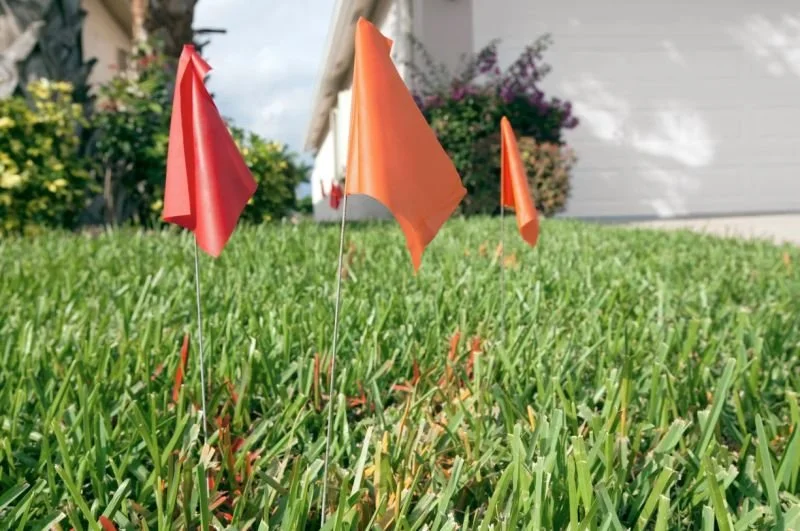How We Keep Fiber Projects Moving When Utility Locates Stall
Anyone in underground construction knows that delayed or ignored utility locates are one of the most common and frustrating setbacks on a job site. Whether you’re prepping for a fiber install or planning a complex bore, waiting on tickets can throw off your entire schedule, and cost real time and money.
At Modus Utility Group, we face this challenge regularly. But instead of waiting around, we’ve built a proactive system to protect our crews, stay compliant, and keep projects on track. Here’s how we handle it:
Proactive Documentation
Our crews document everything from day one. That includes ticket numbers, white-lining, timestamps, photos of marking areas, and every communication attempt with the locator or utility owner. This helps protect our clients and our team from liability if issues arise.
Direct Contact with Locator Companies
Rather than relying solely on 811 systems, we call locator companies directly to confirm timelines, ask questions, and get on their radar. This personal follow-up often speeds up response times and ensures our job isn’t overlooked in the queue.
Escalation When Necessary
If we’re not getting traction, we escalate through the utility owner. They have a vested interest in avoiding utility hits and can sometimes help move things along more quickly. Escalating doesn’t mean being aggressive, it means being persistent and informed.
Emergency Tickets (Used Wisely)
We don’t call in emergencies just because a schedule is tight. By law, emergency tickets are reserved for situations that pose an immediate risk to life, health, property, or essential services. When those rare situations arise, we don’t hesitate to act — but we make sure every emergency request is legitimate, documented, and focused on protecting people and critical infrastructure.
Daylighting for Safety
We daylight the bore path to safely expose underground utilities before drilling. This practice adds an extra layer of protection, helping us preserve existing infrastructure and, most importantly, keep people safe.
It’s far from a perfect system, but with the right approach, you can avoid unnecessary downtime and reduce the risk of strikes. Have you dealt with this too? We’d love to hear how your team keeps projects moving when the tickets don't show up.
Follow Modus Utility Group for more insights from the field, providing real solutions from real crews doing the work.

